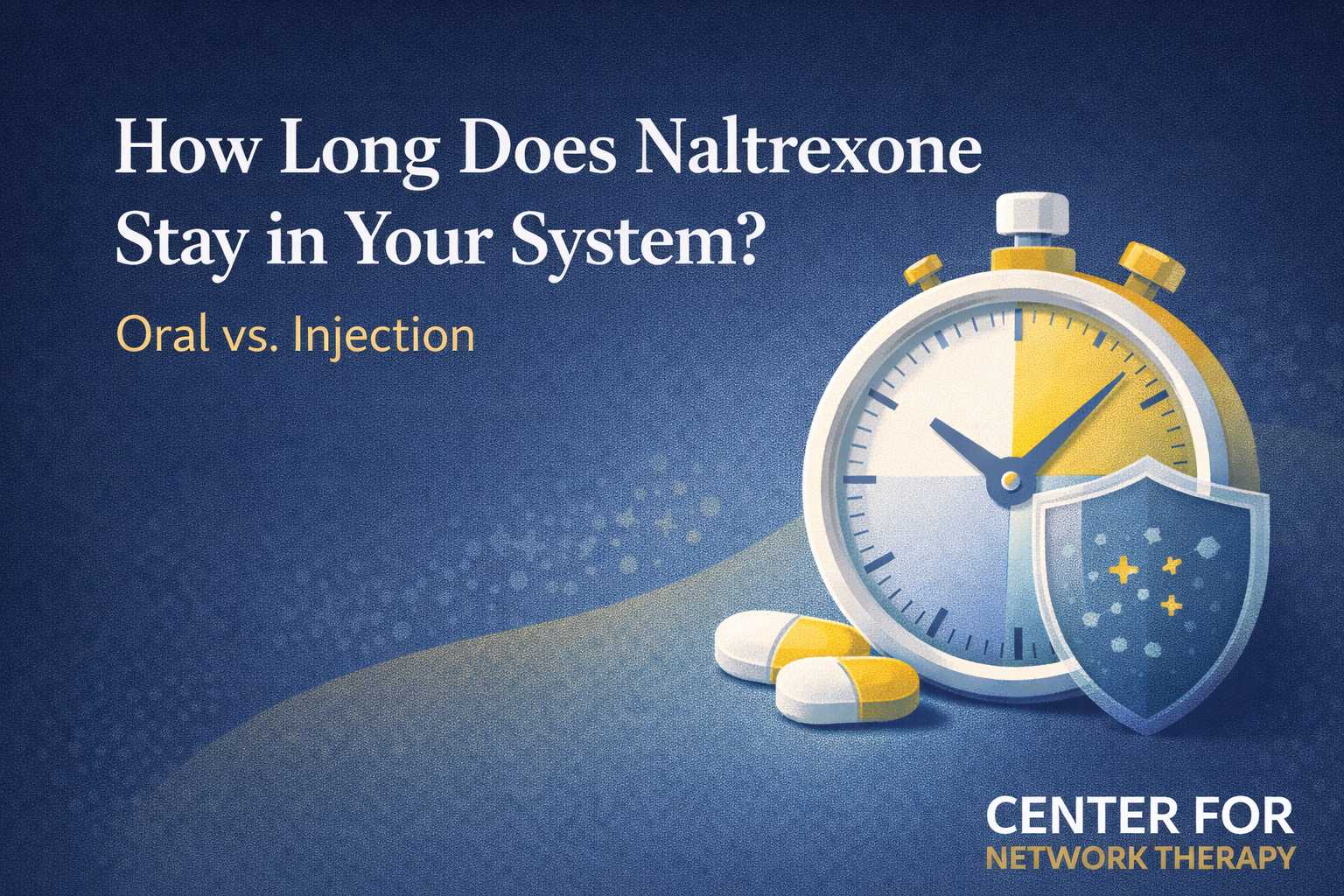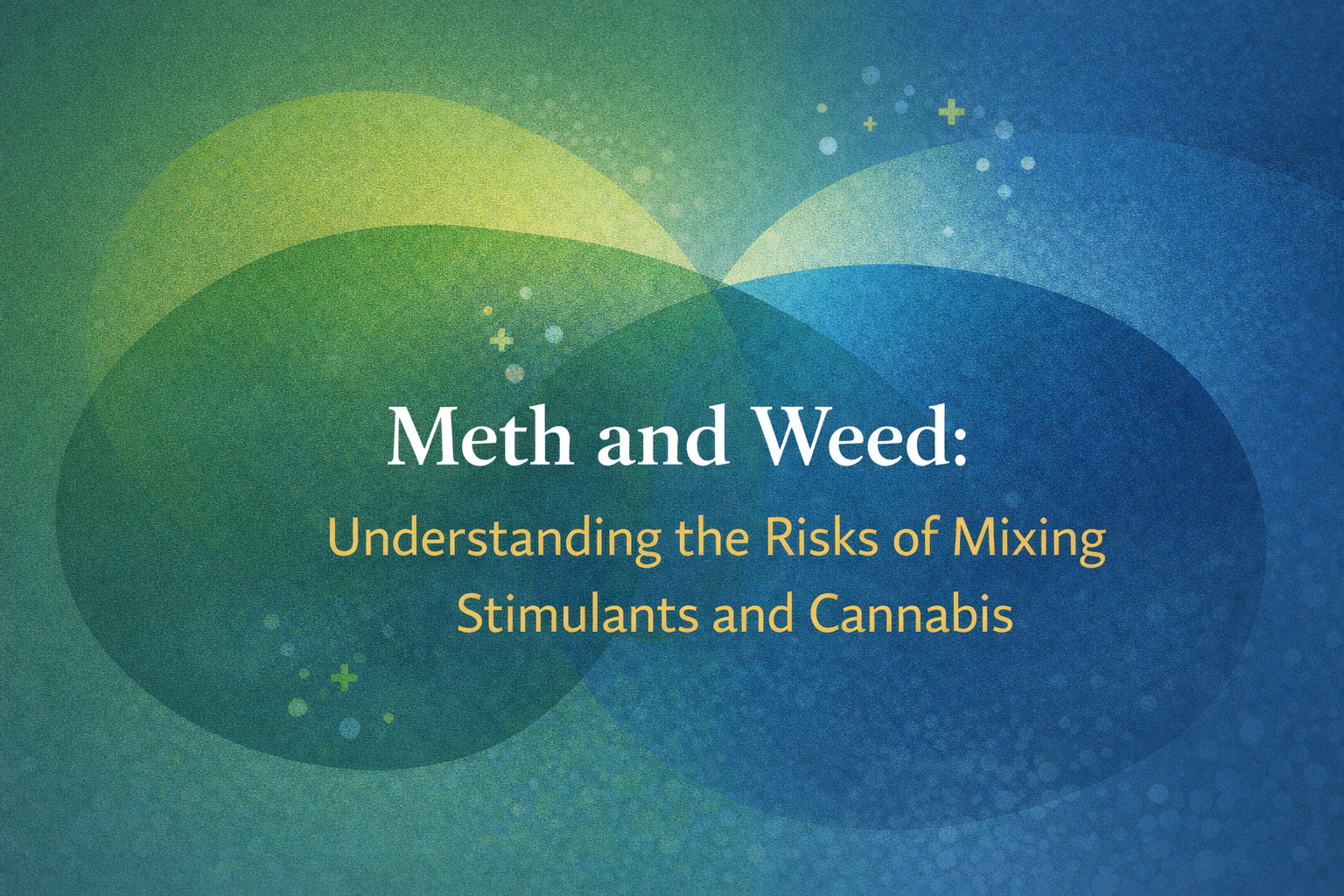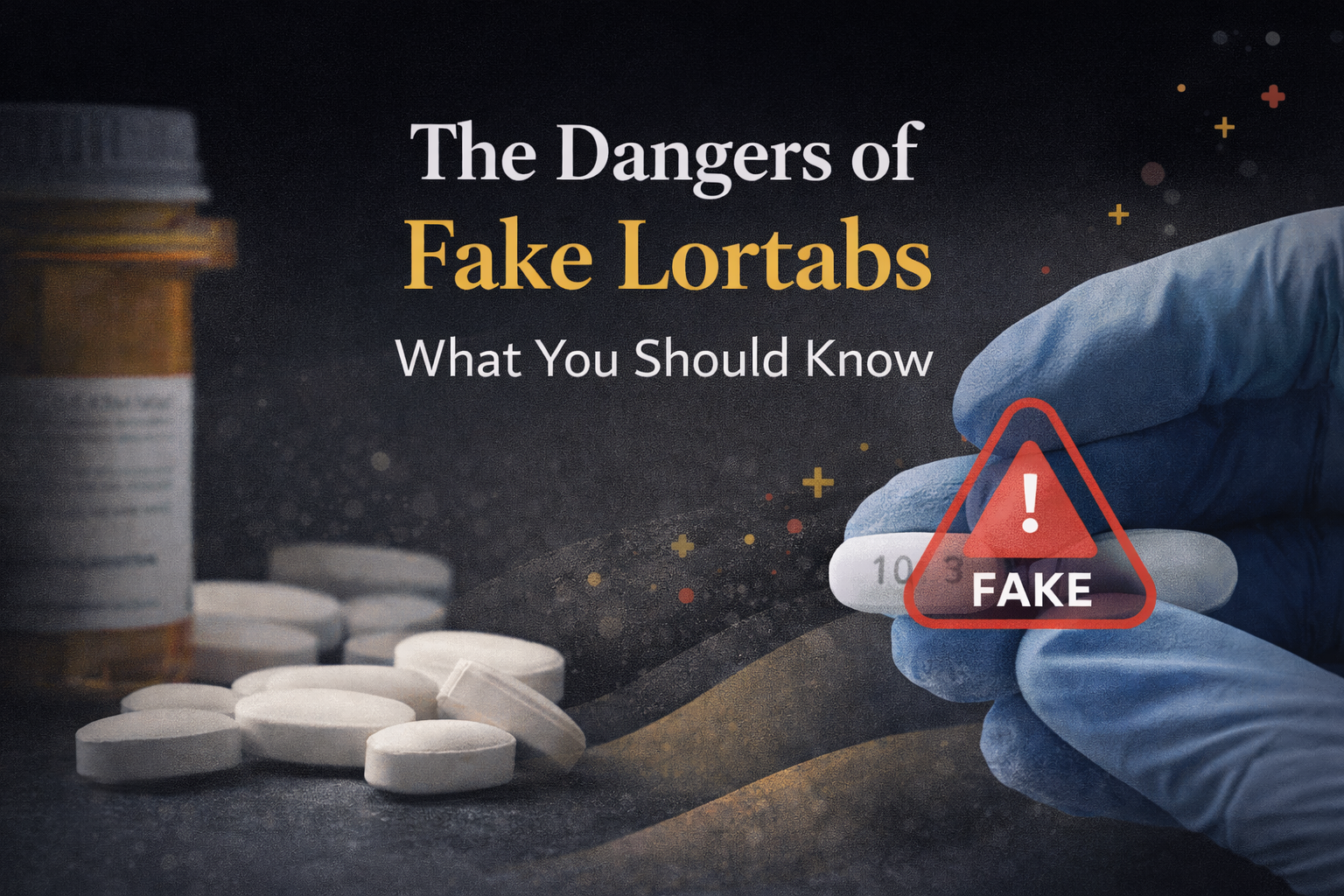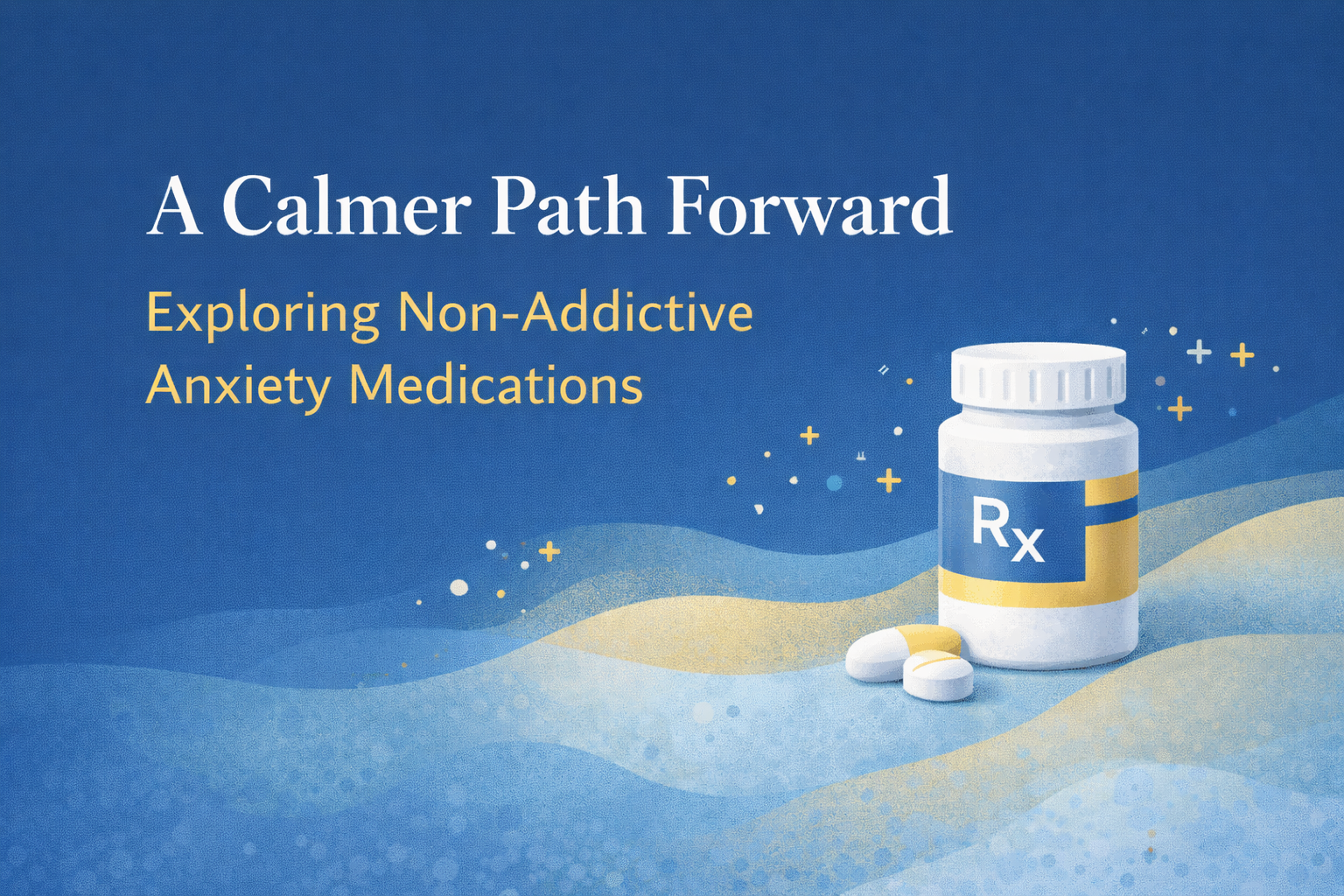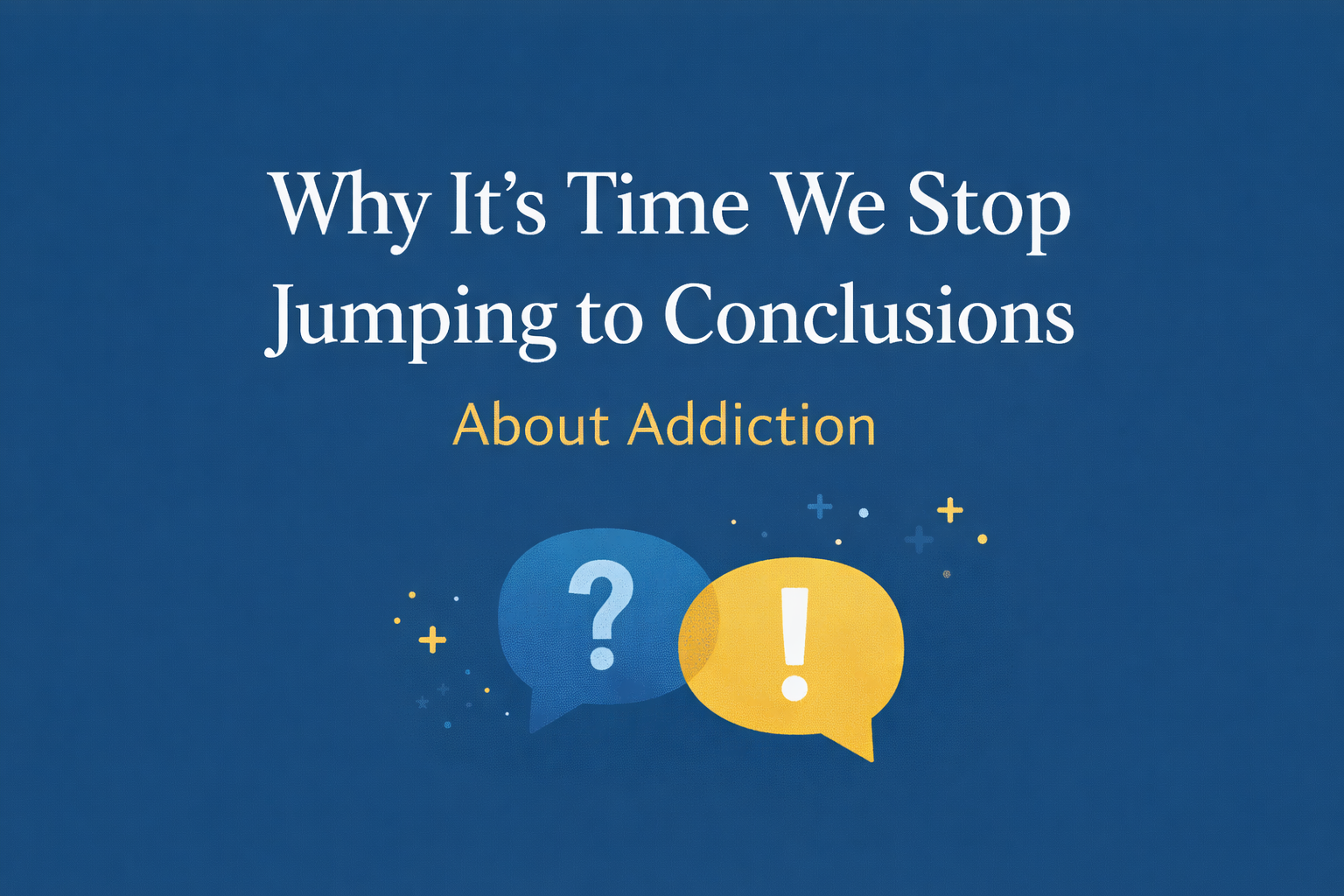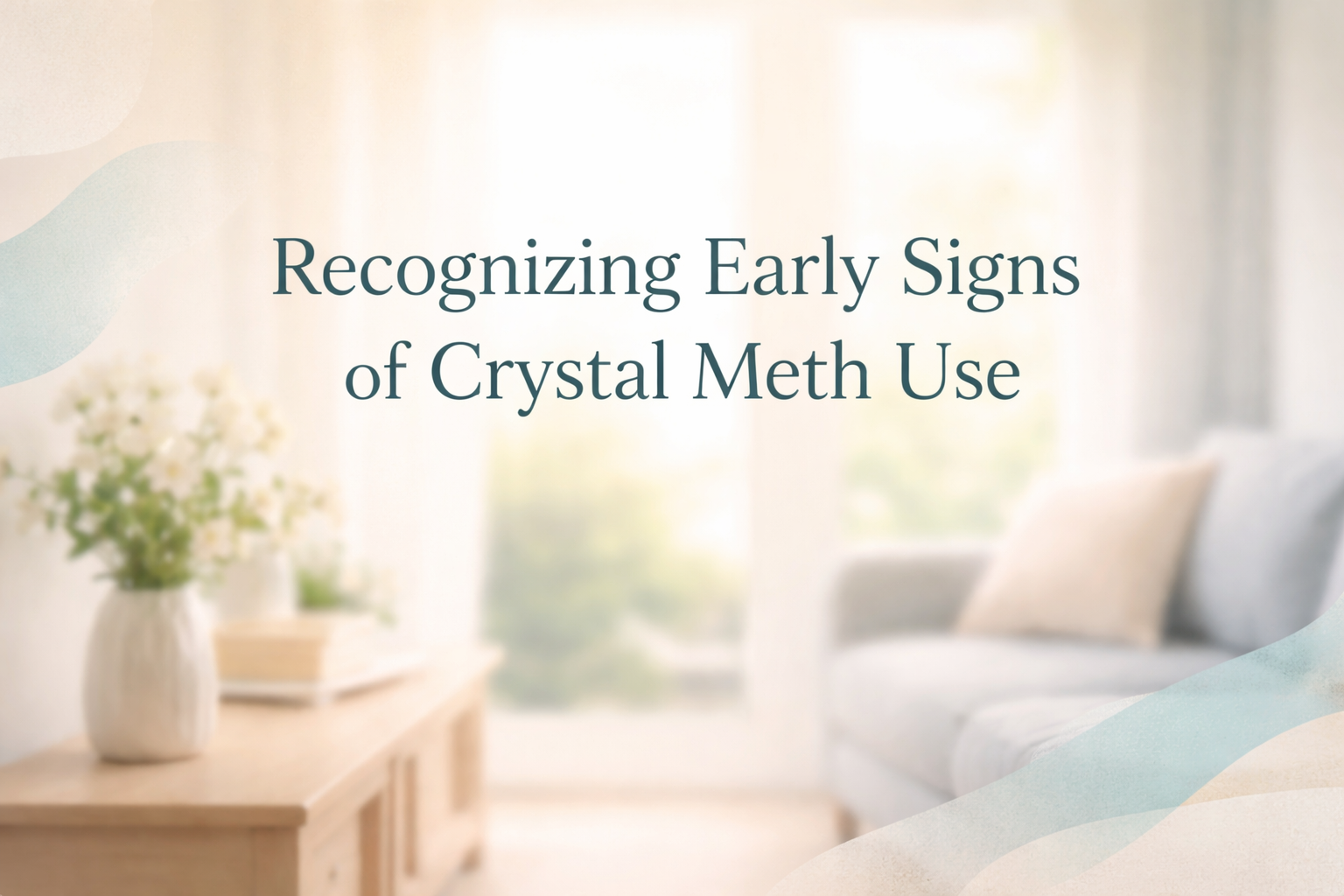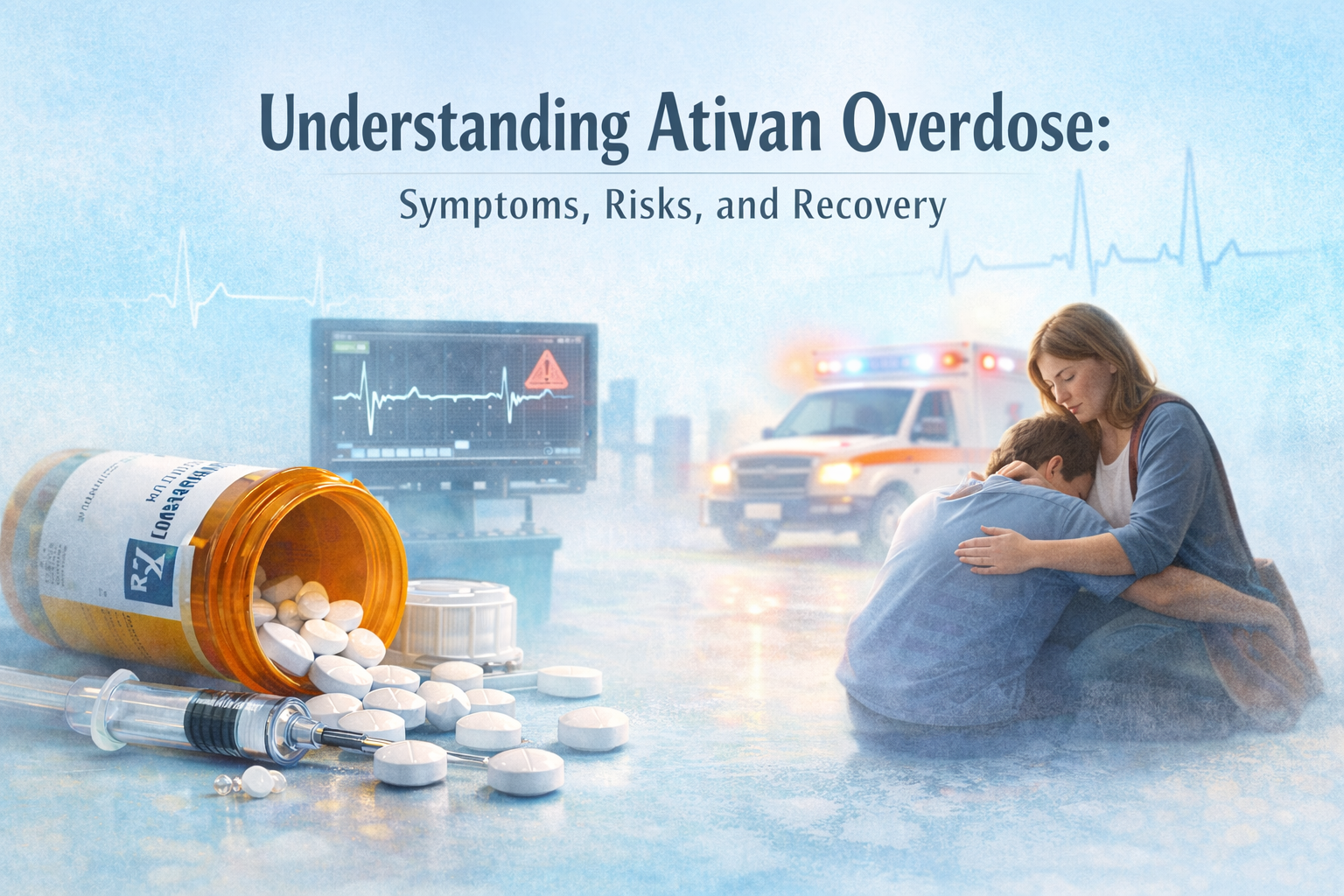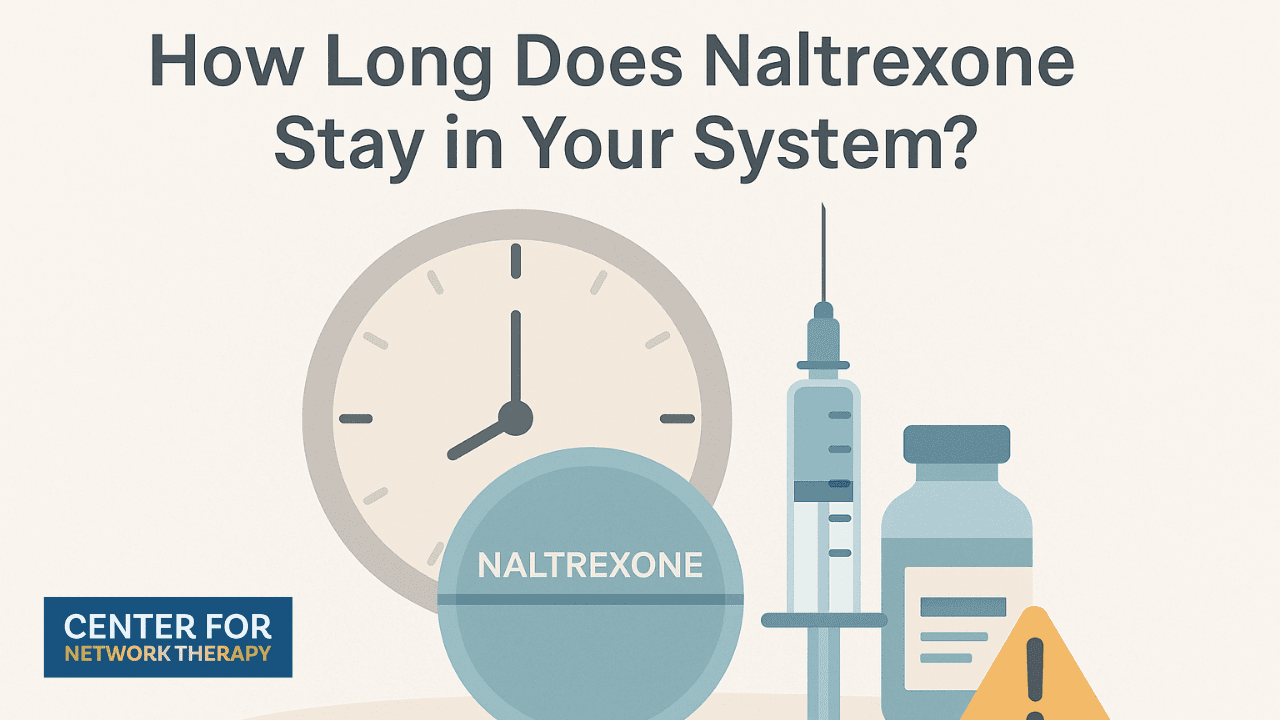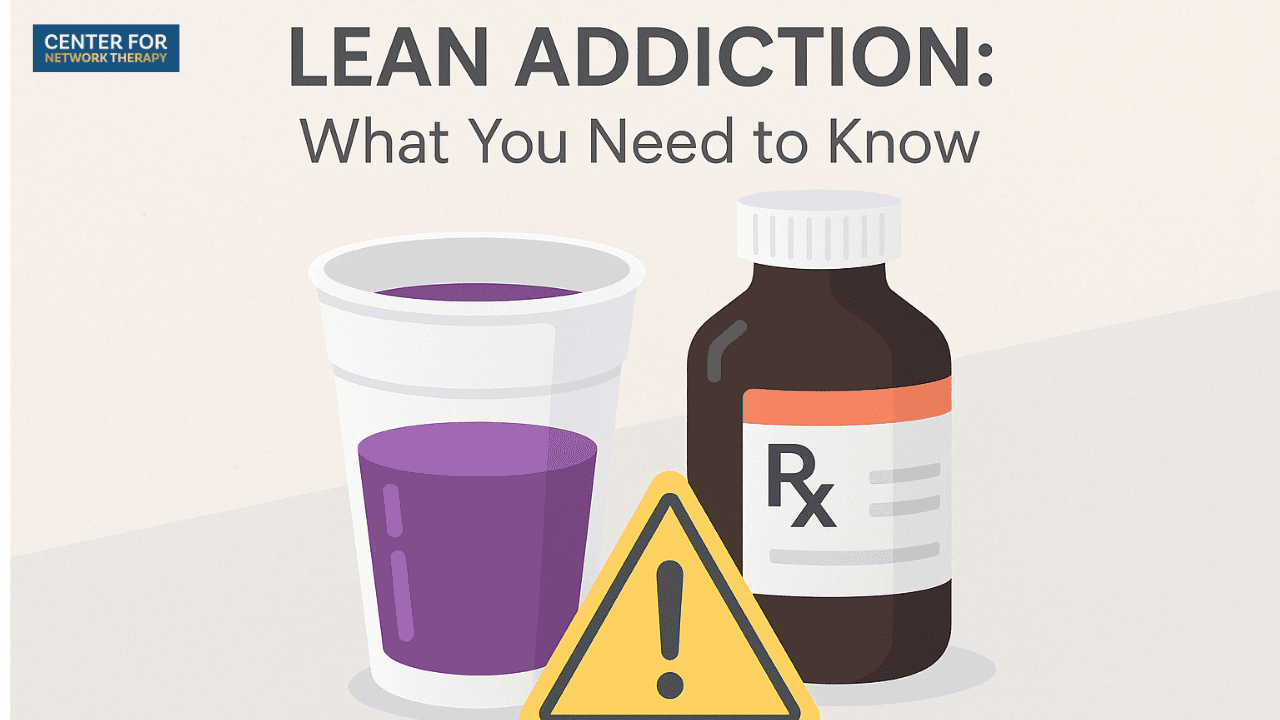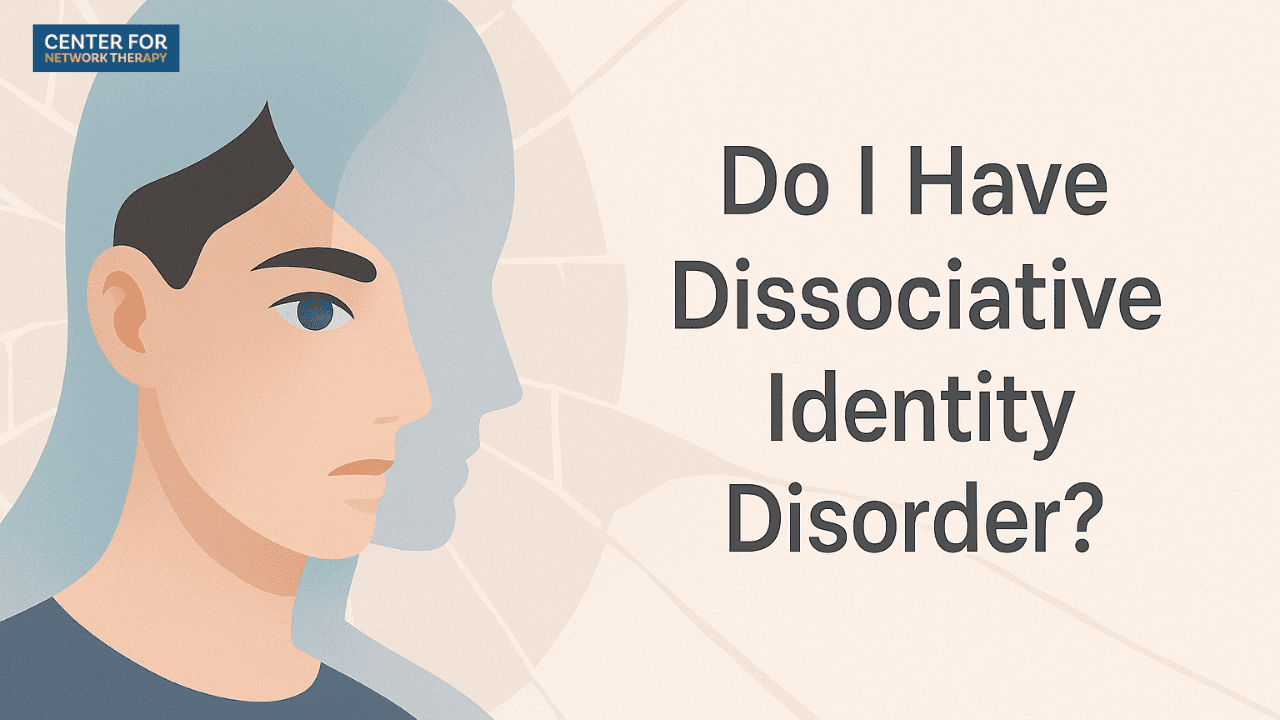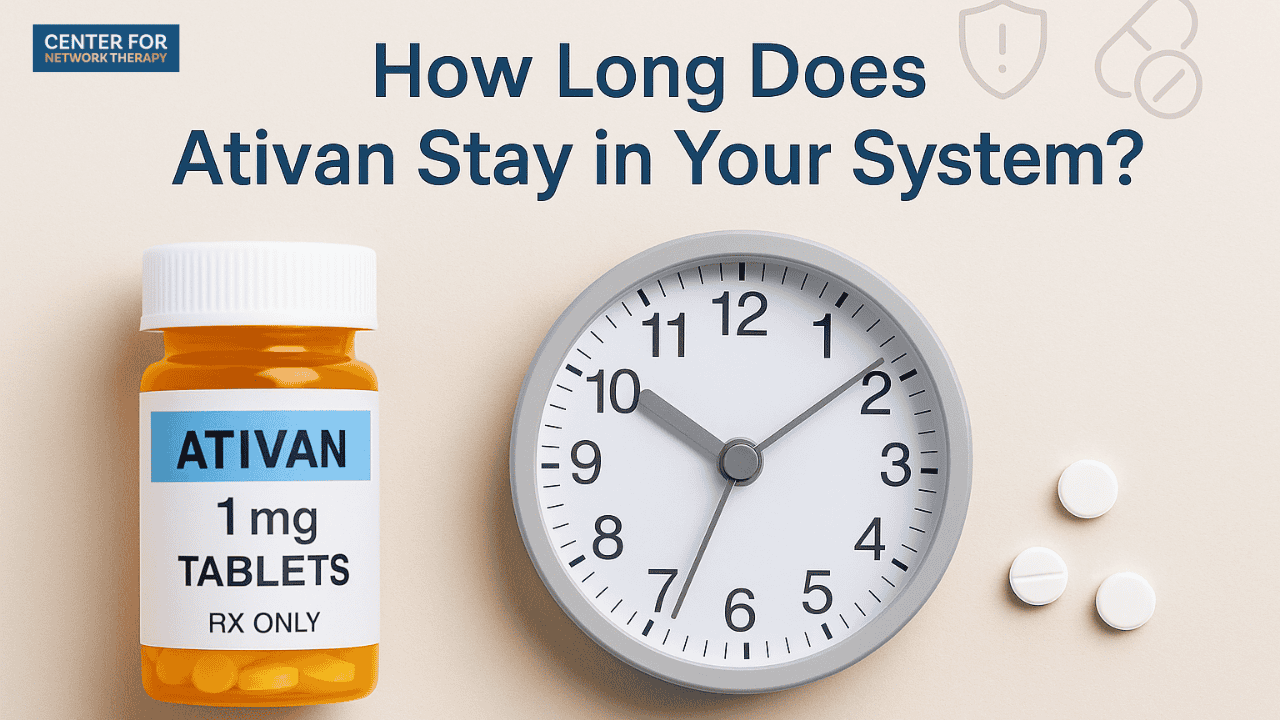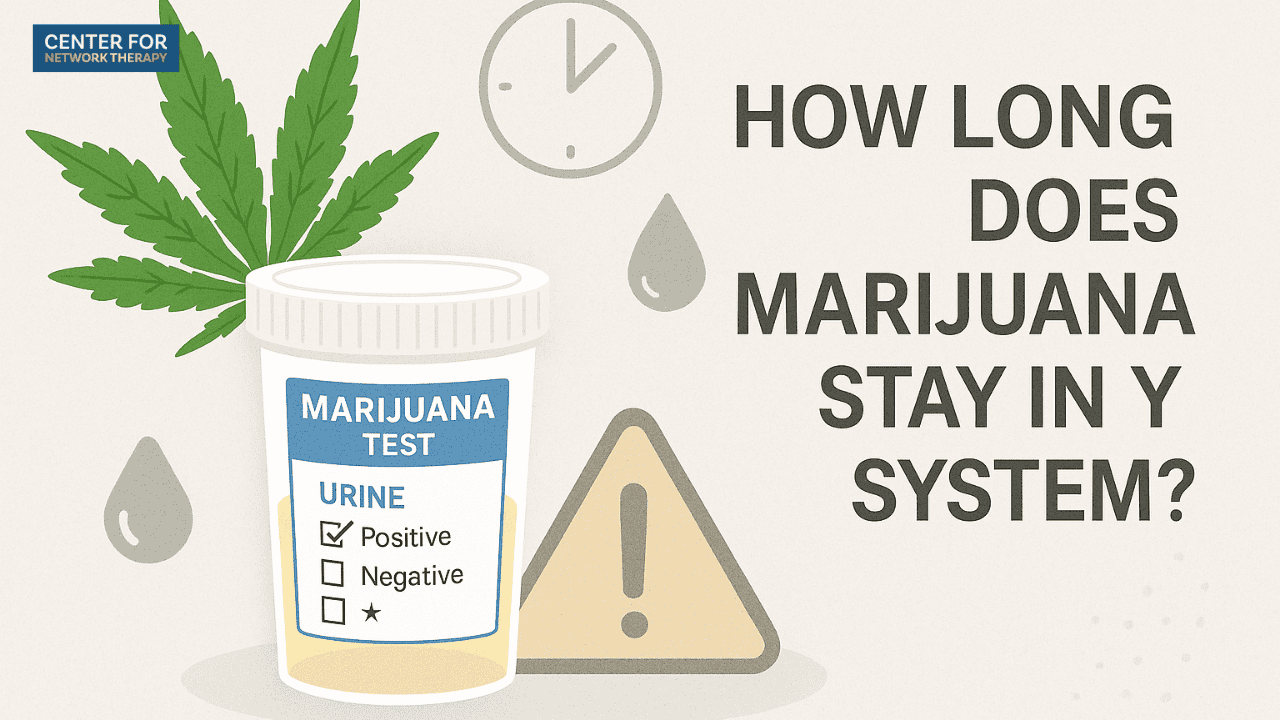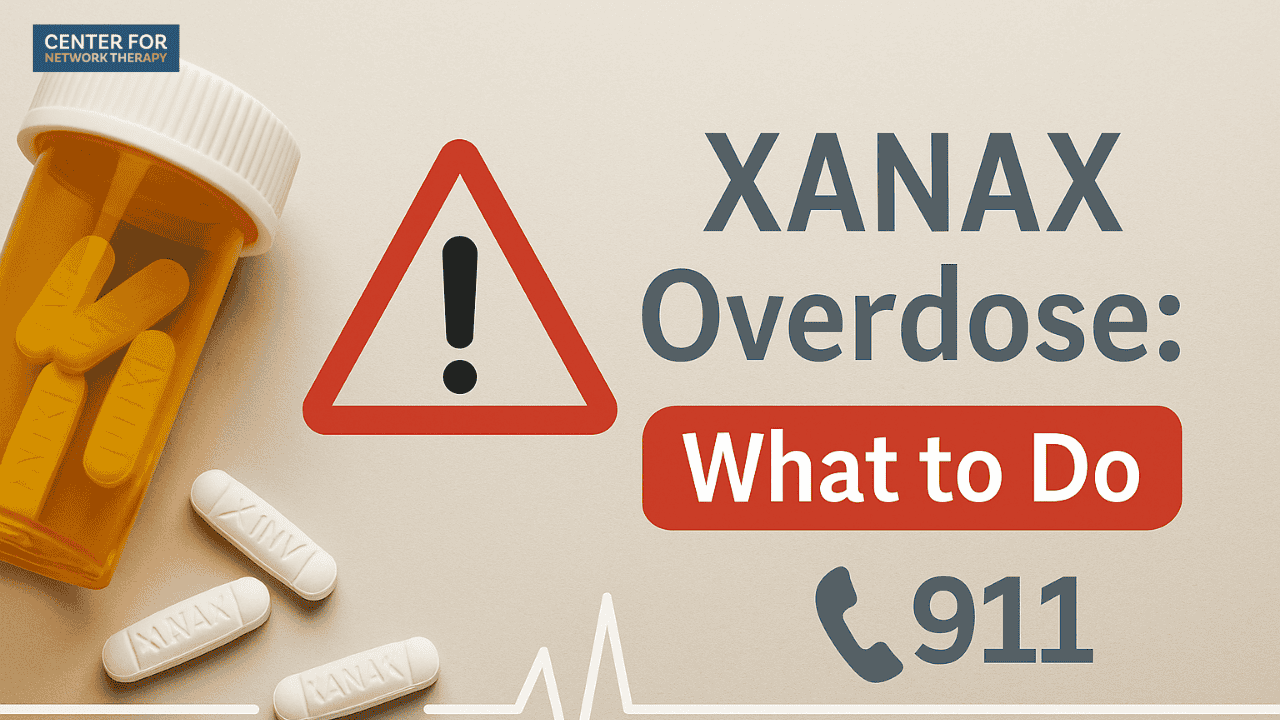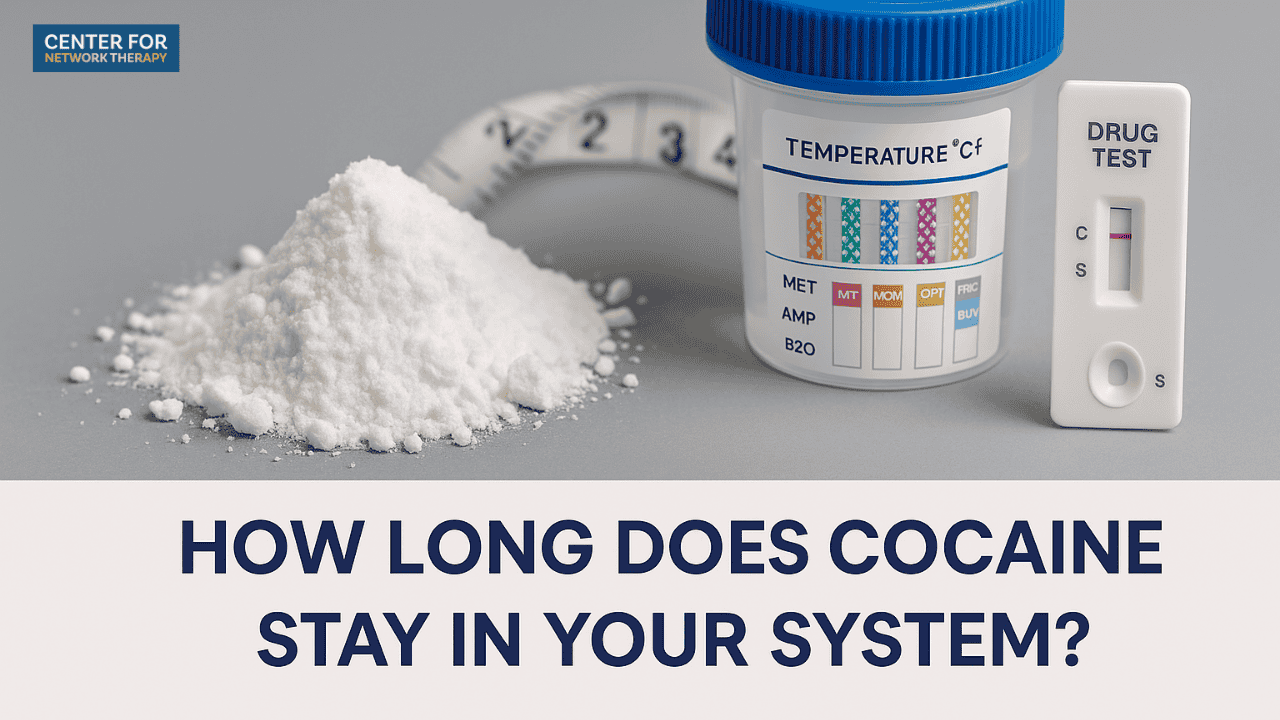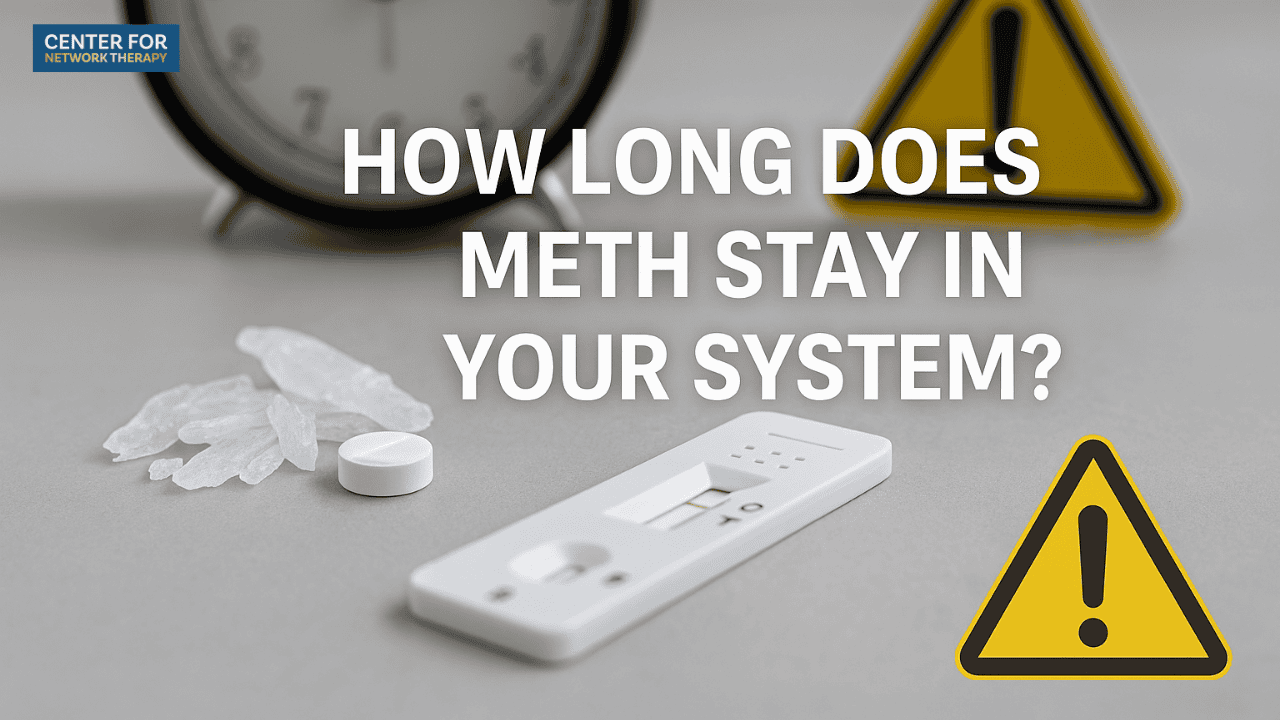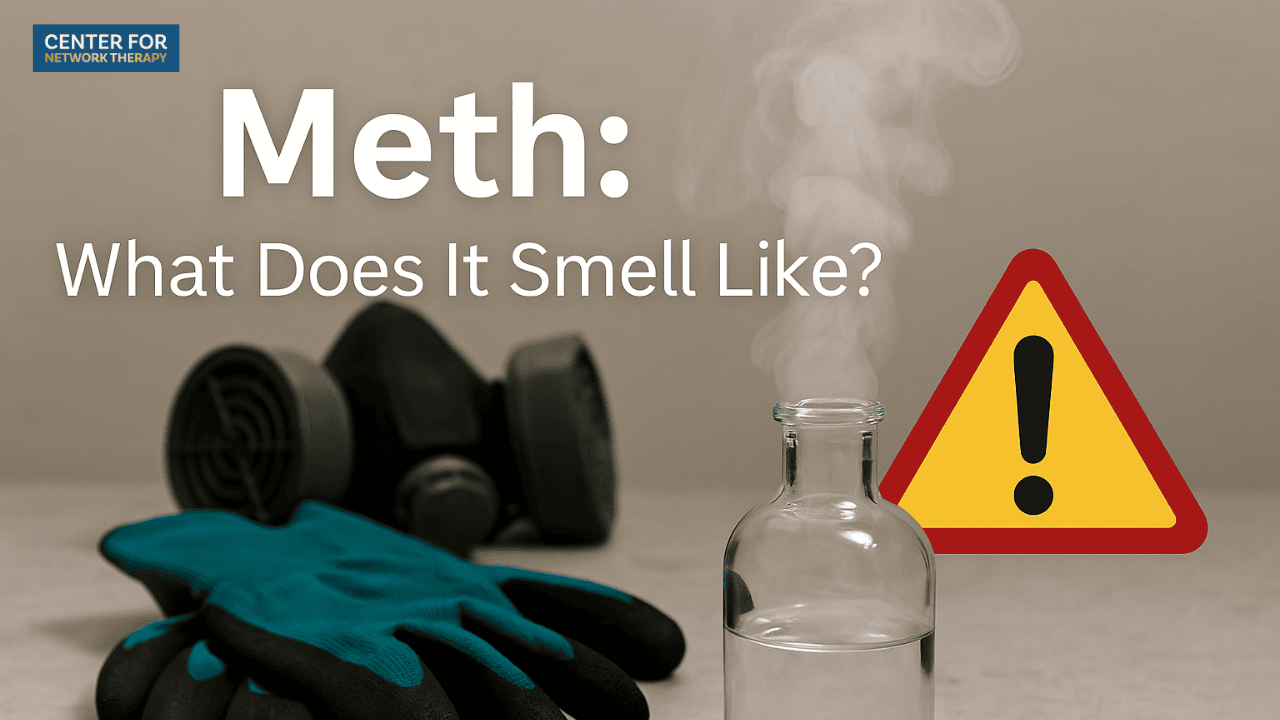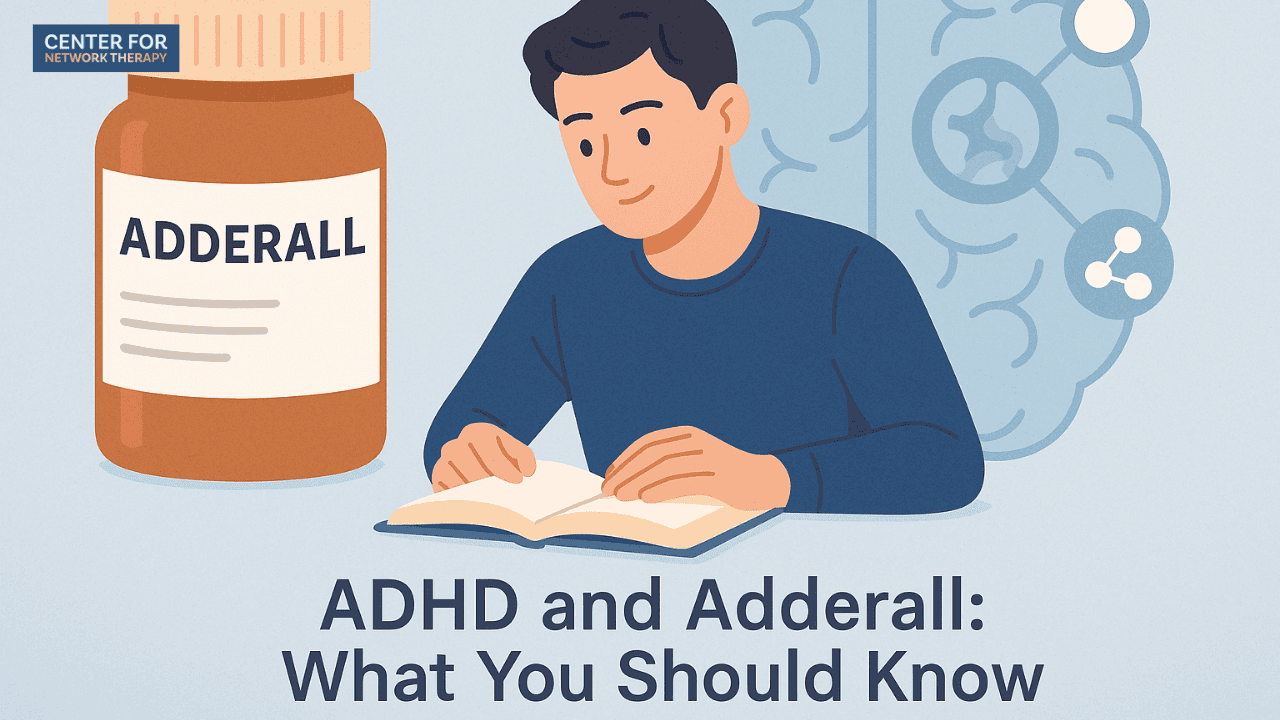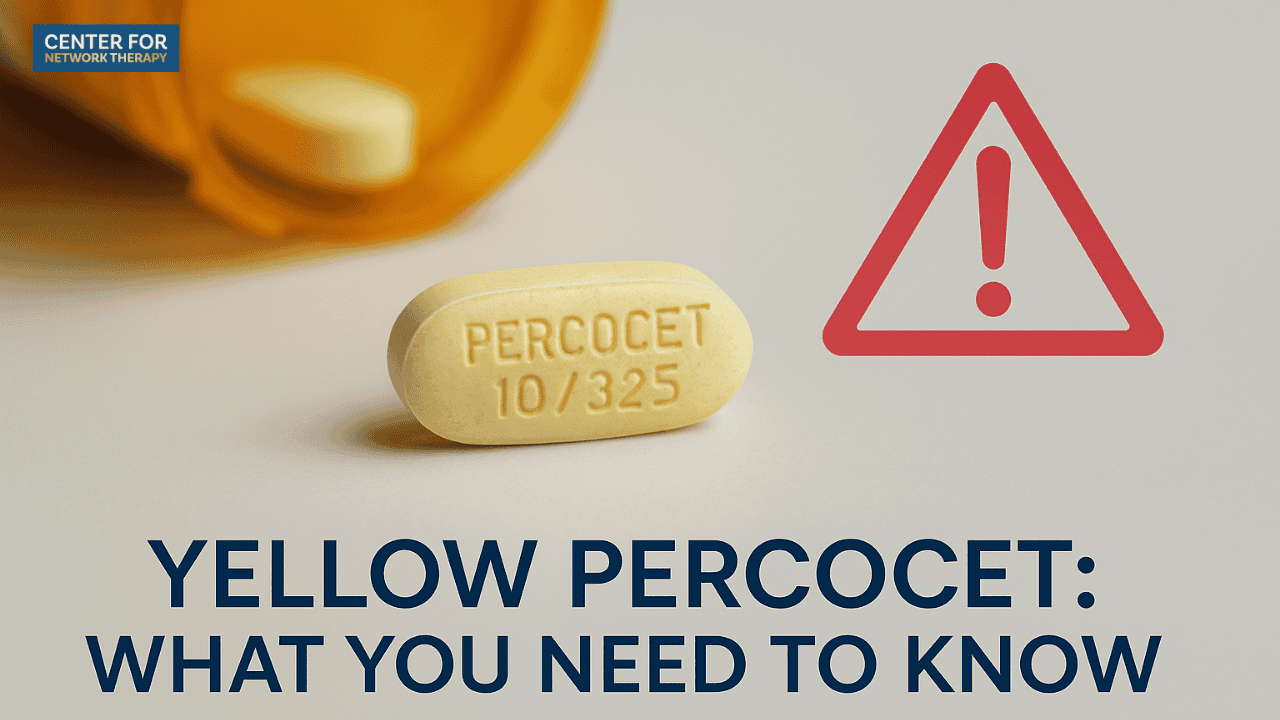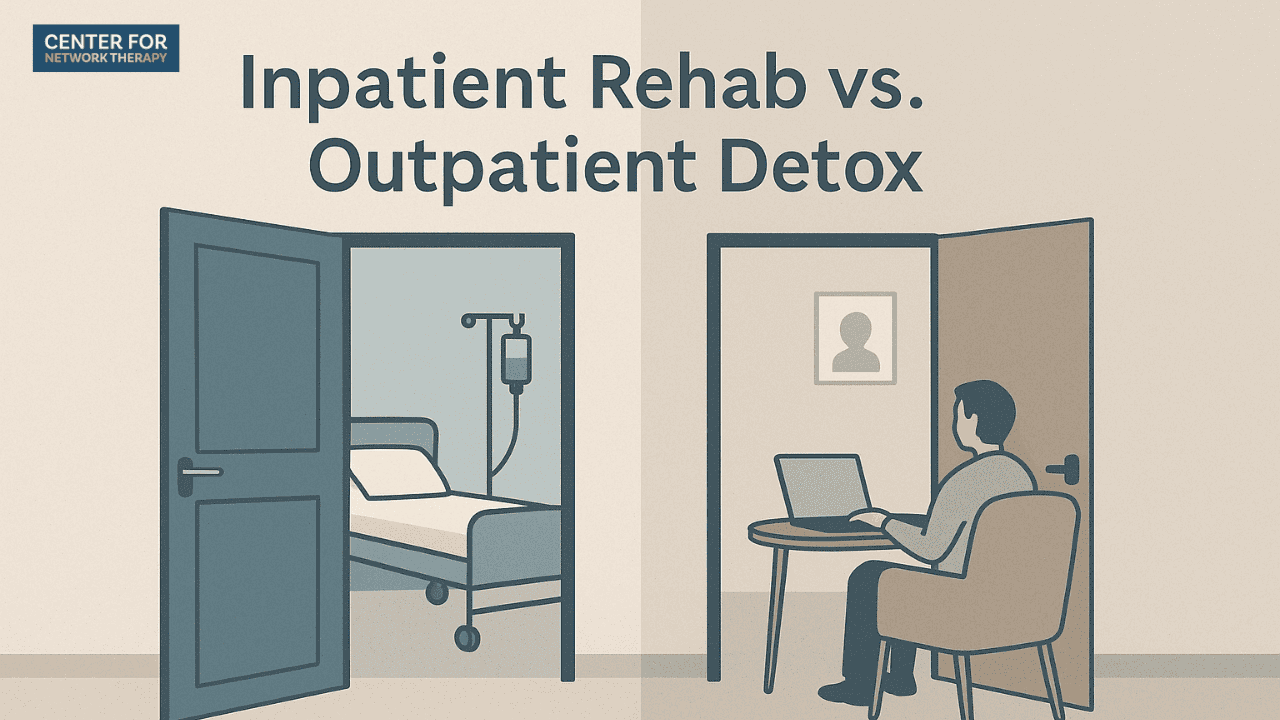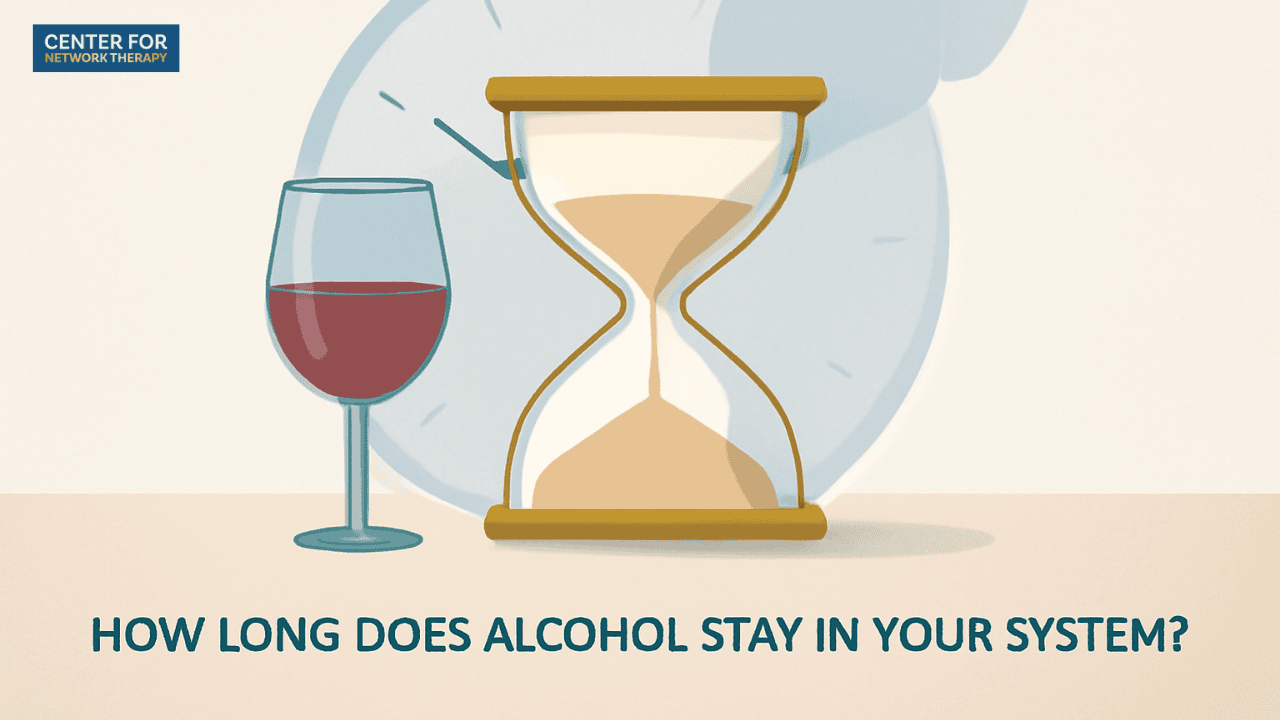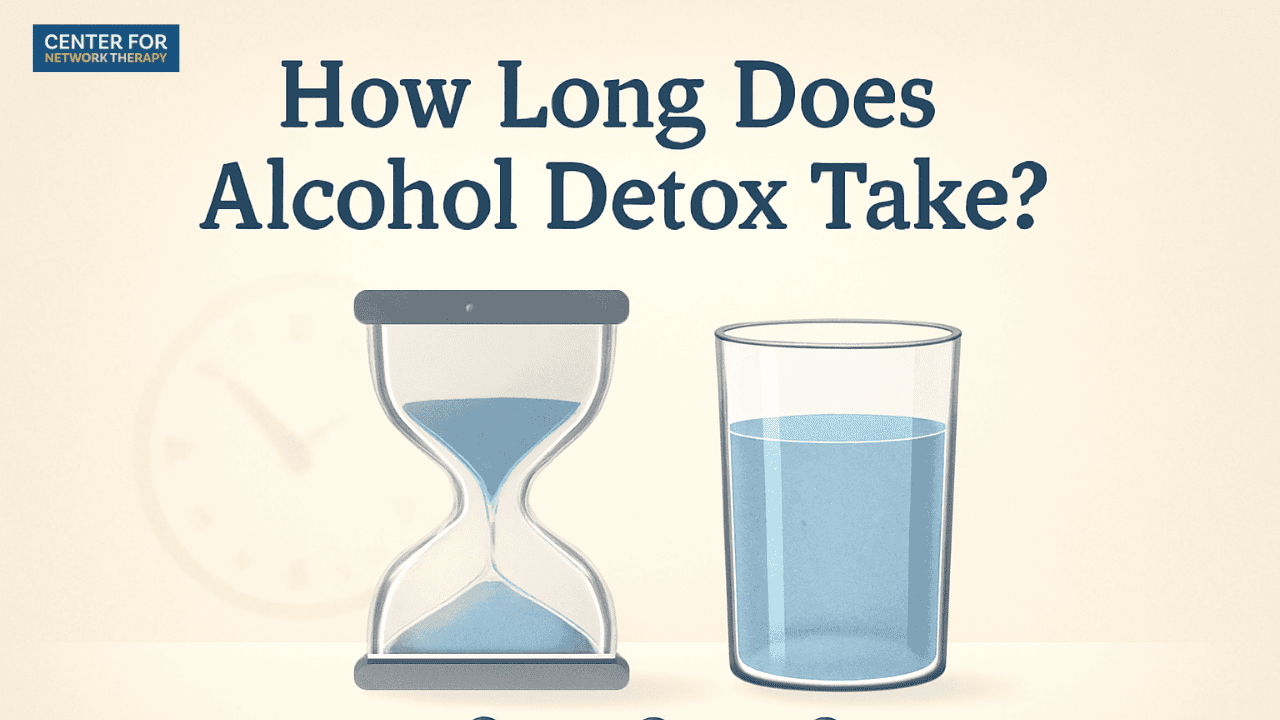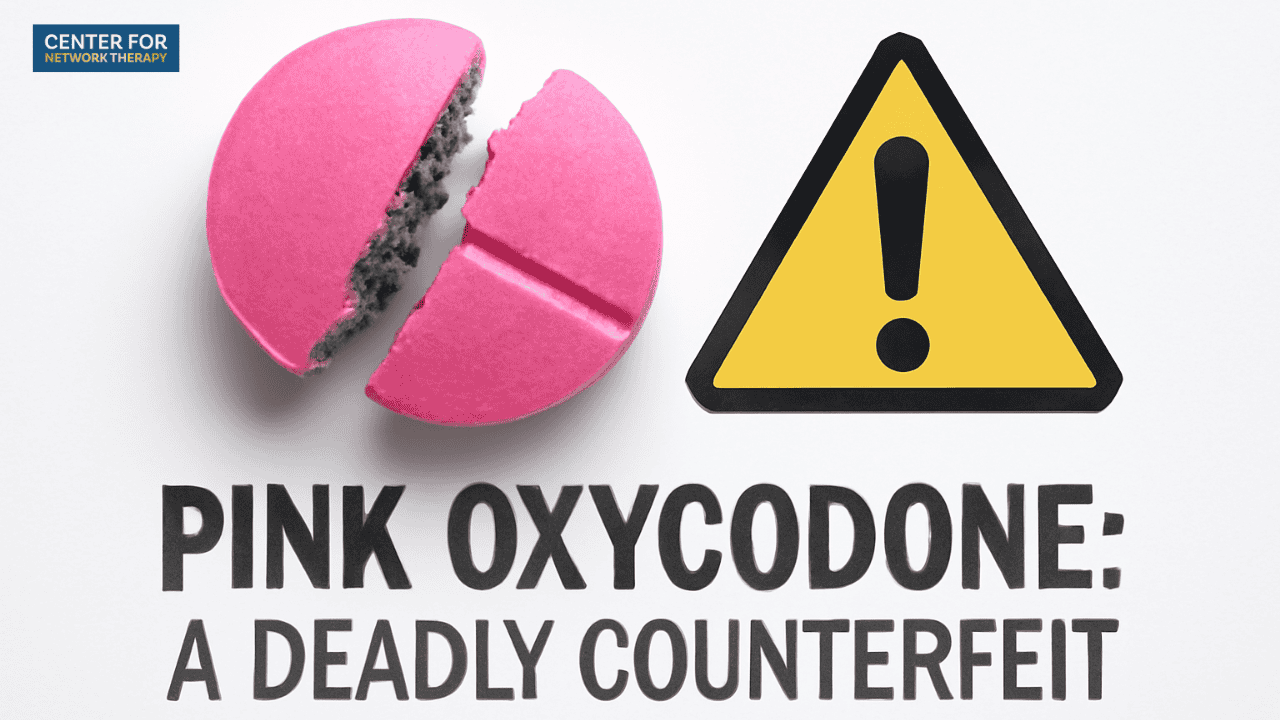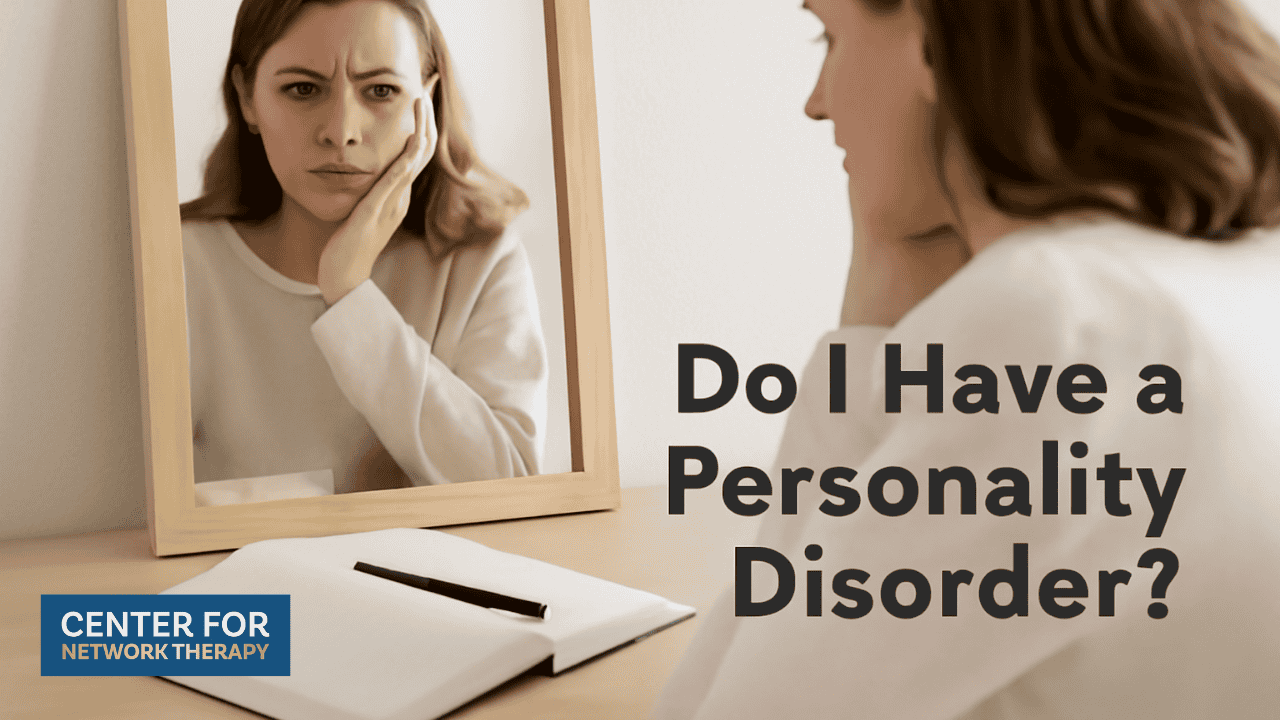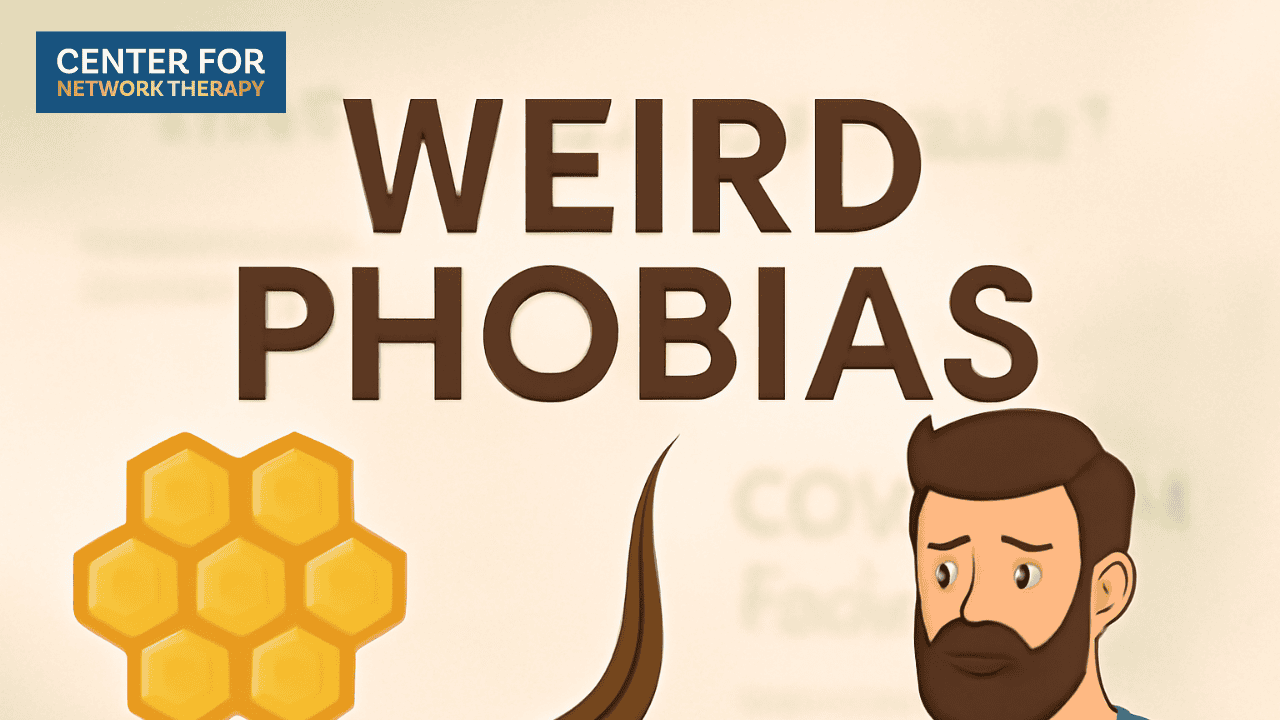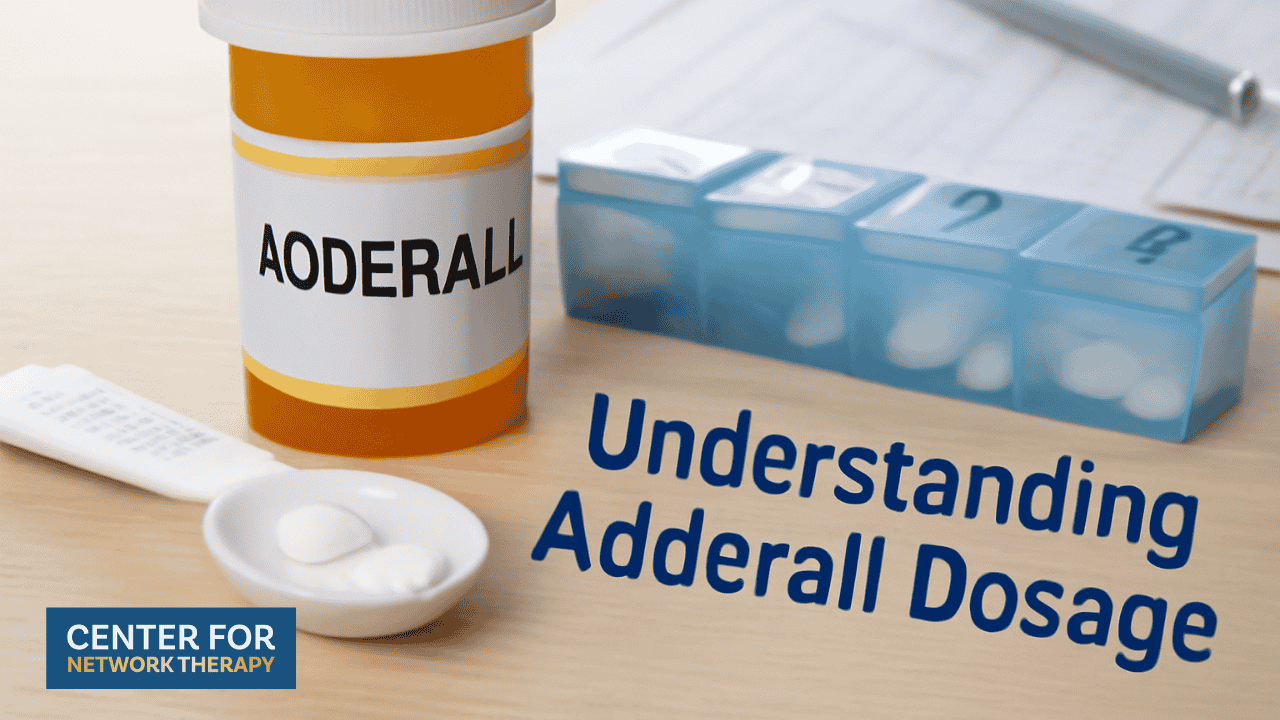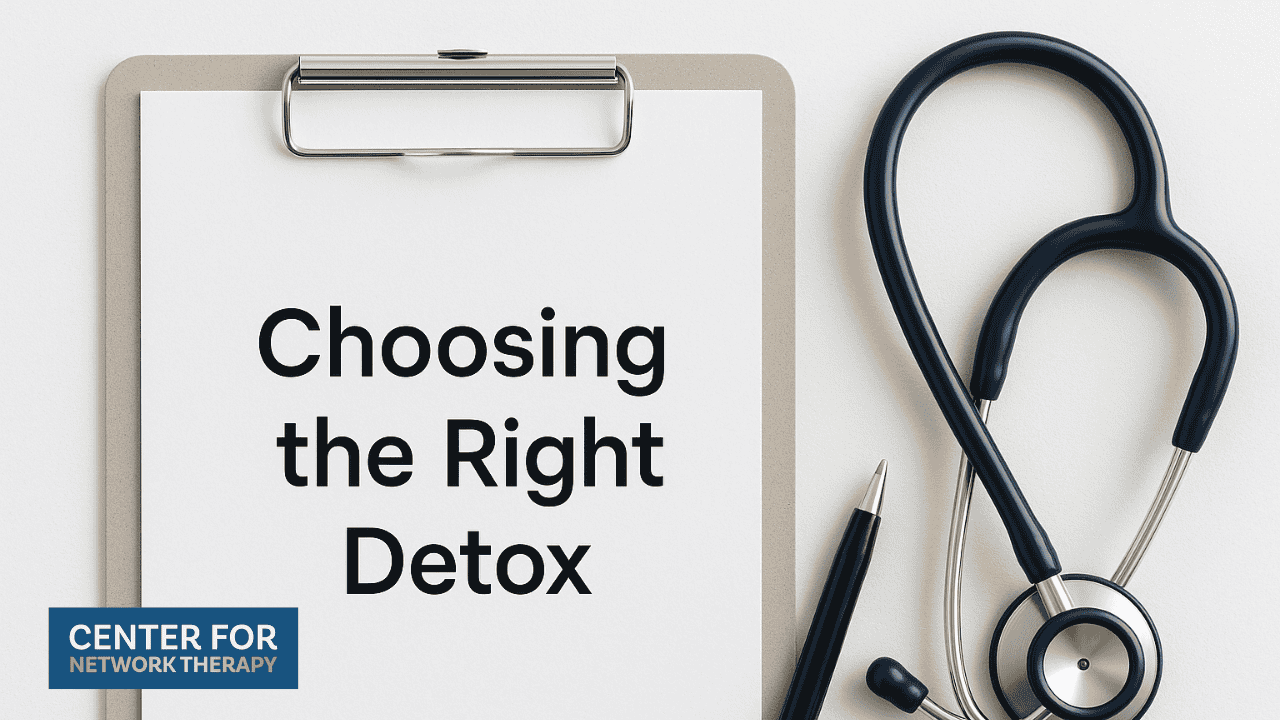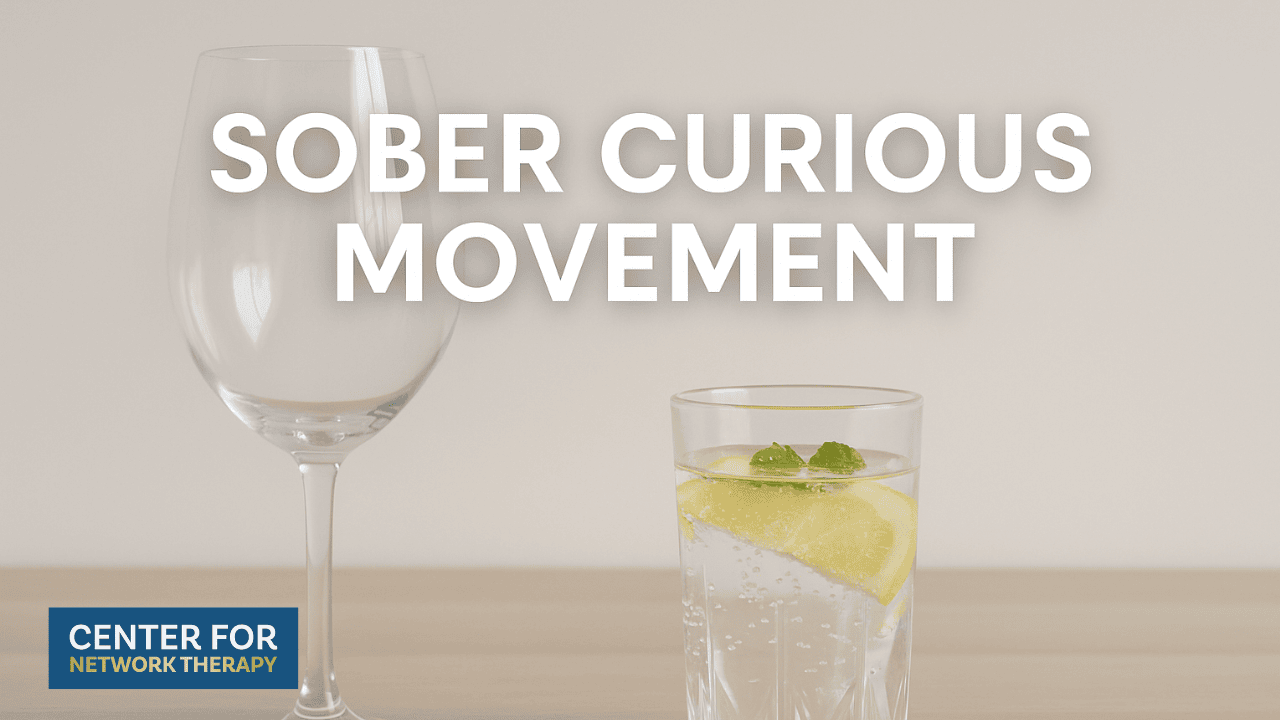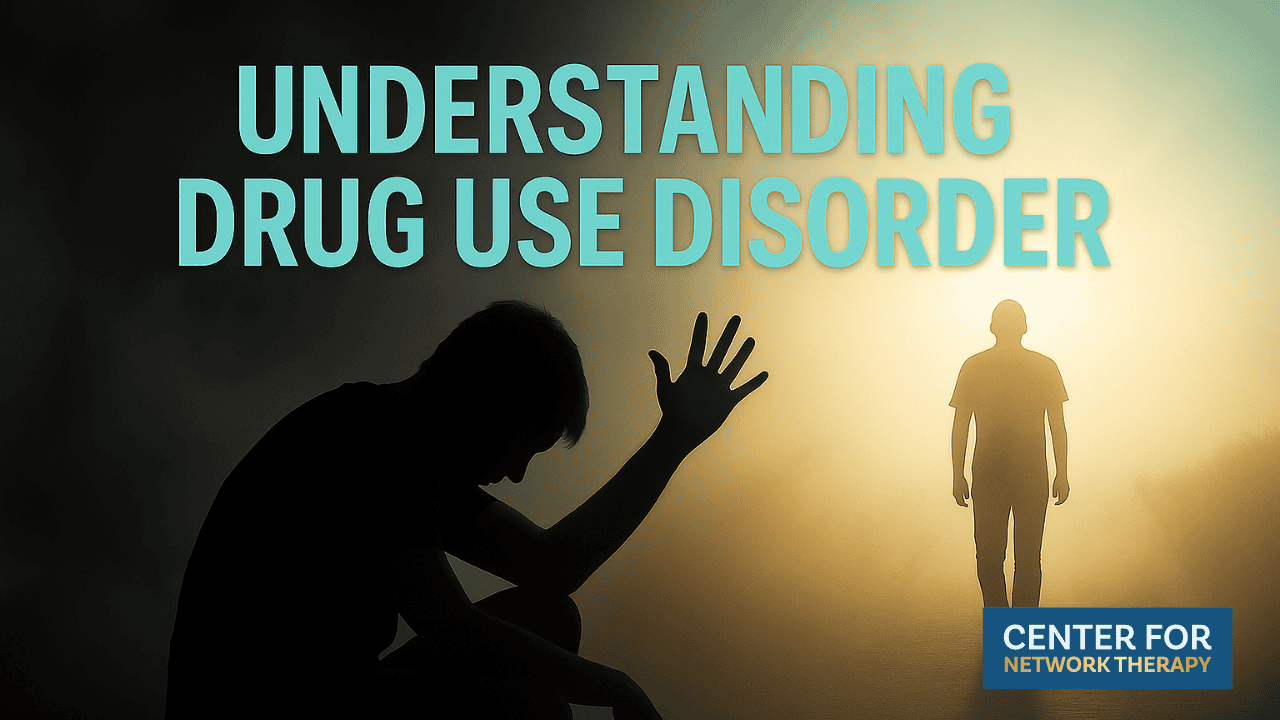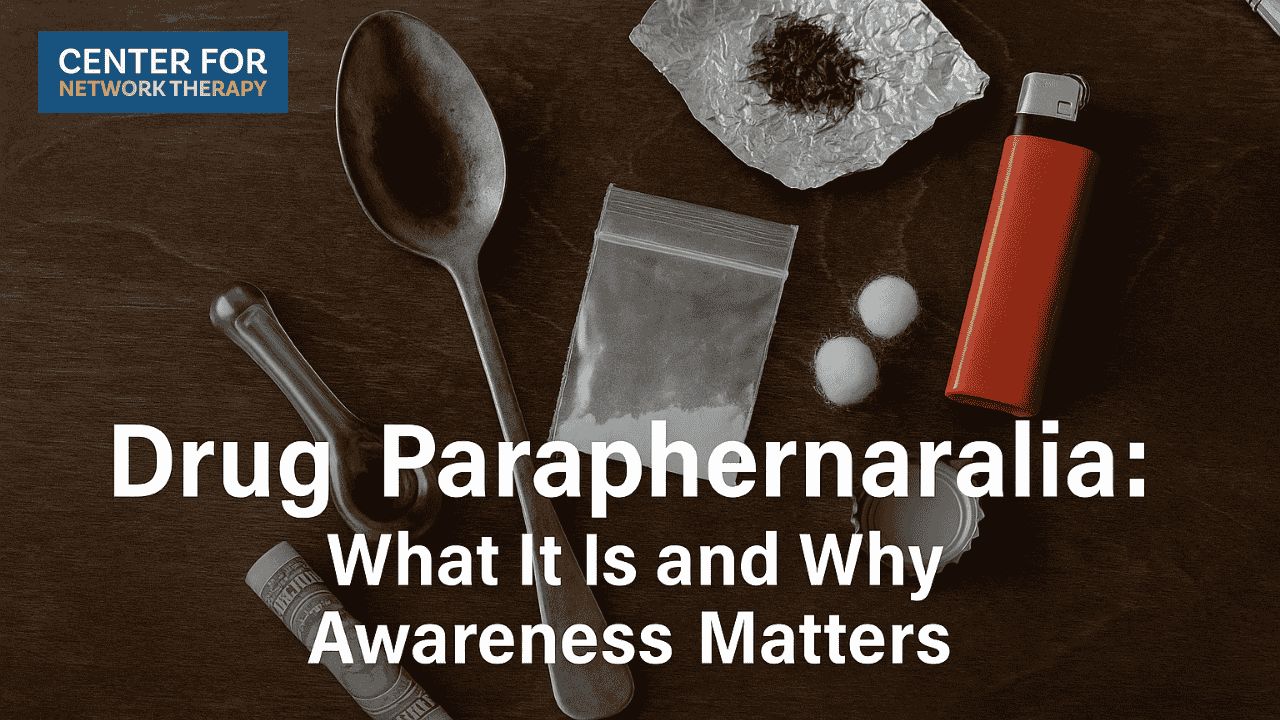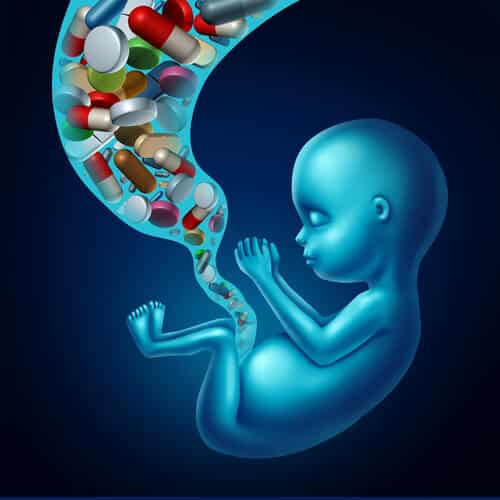When memories feel fragmented, time feels lost, or you often feel like “someone else,” it can be difficult to understand what’s happening within you. Dissociative Identity Disorder (DID), once known as multiple personality disorder, is a rare but real mental health condition that can be deeply distressing and confusing. If you’re wondering whether your experience aligns with DID, you’re not alone, and you deserve clarity.
Table of Contents
ToggleUnderstanding the Basics of DID
Dissociative Identity Disorder is characterized by the presence of two or more distinct identity states, often called “alters.” Each alter may have its own name, traits, preferences, voice, and even memory. These shifts are typically triggered by stress or trauma, and people with DID may not always be aware of what their alters do or experience.
While many people experience occasional dissociation (like daydreaming or losing track of time), DID is more severe and often stems from intense and prolonged trauma, typically during early childhood.
Common Signs and Symptoms
While a proper diagnosis must come from a licensed mental health professional, here are some signs that may point to DID:
- Gaps in memory (especially related to everyday events or important personal information)
- Feeling detached from your body or surroundings
- Drastic shifts in mood, behavior, or skills
- Hearing internal voices or feeling like there are “others” inside
- A sense of losing time or finding items you don’t remember buying or using
Many people with DID also experience symptoms of PTSD, anxiety, or depression. These conditions can sometimes overlap, making diagnosis more complex.
Getting an Accurate Diagnosis
Because DID can look like other disorders or be misunderstood, a thorough evaluation is essential. Clinicians typically use interviews, assessments, and personal history to understand what’s really going on.
If you resonate with many of the symptoms above, consider speaking with a trauma-informed therapist or psychiatrist. They can help determine if what you’re experiencing is DID or another condition with similar features.
Healing Is Possible
DID is often the mind’s way of coping with trauma. While that doesn’t make it easy, it does mean that healing is possible. With professional support, people living with DID can work toward integration, greater self-understanding, and a sense of stability.
At the Center for Network Therapy, we understand the layers and sensitivity of complex mental health challenges. Our outpatient programs offer individualized care that supports both emotional safety and everyday functionality.
You Deserve Support
Whether you’re exploring your mental health for the first time or have long suspected something deeper, you’re not alone. If you’re curious about your symptoms or want guidance from experienced professionals, reach out to our team at RecoveryCNT.com.
Let healing begin in a way that honors your experience.
Disclaimer:
This blog is intended for informational purposes only and is not a substitute for professional medical advice. If you or someone you love is experiencing symptoms of a dissociative disorder, please speak with a licensed mental health professional.



